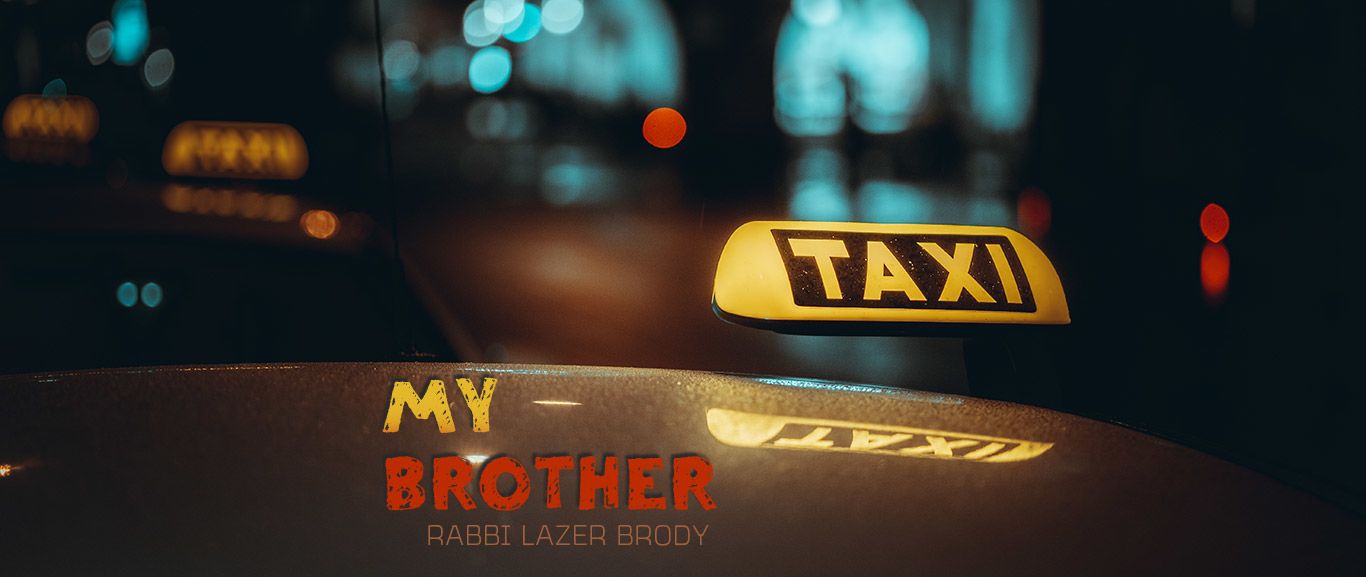
My Brother
The cab driver had a shaved head and a scorpion tattooed on his neck. In his right ear, he sported a diamond-stud earring. He certainly wasn't from my part of the country… A true story of brotherly love and teshuva

The cab driver had a stern look and a scorpion tattooed on his neck. In his right ear, he sported a couple of earrings. He certainly wasn’t from my part of the country, because he had the “Tel Aviv” angry-liberal, tough-guy Israeli aura about him. He asked me where I needed to go. I gave him the address and said, “Thank you, my brother.”
“You’re a Breslever, aren’t you?” the driver asked. “No other person with a black hat and a beard would call me ‘brother’ – we’re from opposite sides of the fence.”
“Right and wrong,” I smiled. “You’re right that I’m a Breslever. You’re wrong that we’re from opposite sides of the fence. You’re just as much a grandson of Abraham, Isaac, and Jacob as I am.”
For the first time since I got in the cab, the driver started to smile. “That’s what I like about you guys – you’re on eye-level with other Jews. But tell me, why do the Breslevers call everybody ‘brother’?”
“It goes all the way back to Rebbe Nachman,” I answered, “but I can’t speak in Rabbenu’s name. I will tell you a story about something that happened to me in Ashdod ten years ago…”
I told him the following story.
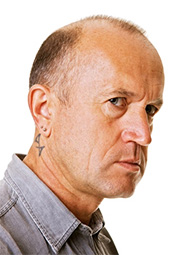 Some ten years ago, an American-looking man in his early thirties walked into our neighborhood, one of Ashdod’s three Chassidic enclaves. Sticking out like a sore thumb, he was looking around bewildered as if he were lost. I spotted him, approached him and asked him in English, “Can I help you, my brother?”
Some ten years ago, an American-looking man in his early thirties walked into our neighborhood, one of Ashdod’s three Chassidic enclaves. Sticking out like a sore thumb, he was looking around bewildered as if he were lost. I spotted him, approached him and asked him in English, “Can I help you, my brother?”
“Wow! Somebody here knows English!” He was amazed. “I’m doing business at the port and I remembered that today is my father’s yahrtzeit – the anniversary of his death. I’m not religious and neither was my dad, but he made me promise that I’d at least say Kaddish once a year for him on his yahrtzeit. Sundown is in less than an hour and I almost forgot. I asked the cabby to take me to a neighborhood where there are synagogues and he brought me here.”
“Come with me, my brother – I’m on the way to mincha myself.” I took him to our synagogue, which is also the neighborhood “shtiebel” with back-to-back minyans in the afternoon. The foreigner could not read Hebrew, so he said Kaddish from a crumpled paper with the transliteration on it that he carried around in his wallet.
Nine years passed.
Last year in Uman, I was walking on Pushkina Street on my way to the Kloiz, the central synagogue in Uman that houses the two main prayer quorums. Someone came up to me and called my name excitedly. “Hey, Rabbi Lazer, it’s you, isn’t it? Do you remember me?”
“I’m sorry, my brother, I don’t,” I responded. “I know we were at Mount Sinai together with all the other souls, but since then, I don’t remember seeing you. Please forgive me; but tell me, where do I know you from?”
“Oh, I can’t blame you. I was a lot younger then. You saved my life. I was so depressed nine years ago, and I was ready to call it quits. I had a lousy divorce where I lost most of my money. The rest, I gambled away in a shady oil tanker deal at Ashdod port. That day when you saw me roaming around in your neighborhood looking for a minyan, I figured that I had better fulfill my promise to my dad before I put an end to my misery. I felt like nobody gave a hoot about me. Life was the pits and no one would miss me anyway. Then you came along – you called me ‘brother’, you took me to synagogue and then you invited me to your home for supper. The omelet and salad with the humus and pita that your wife served us tasted better to me than a $450 meal in a Manhattan French restaurant. You treated me better than a biological brother and gave me the will to keep living. You saved my life. For years, I’ve wanted to see where all the ‘brothers’ get together. In your credit, I’m alive and I’m here in Uman.”
I finished telling the story and the driver said to me, “OK, my brother – I’m not yet prepared to go to Uman or to put on tefillin, but I’m going to try my best to treat everyone that gets inside this cab like a brother…”
“Phenomenal, my brother!” I hugged him and paid the fare giving him an oversized tip that I chalked up in my mind as an outreach investment. “The mitzvah of loving our neighbor like ourselves is probably the second most important mitzvah in the Torah. Making a commitment like that is awesome.”
As I got out of the cab, he called out to me, “What’s the first most important mitzvah in the Torah?”
I smiled, stuck my head back in the window, and handed him a copy of The Garden of Emuna. “Emuna, my brother – this book is all about it. Hope to see you soon!” I’m sure I will, with Hashem’s help.


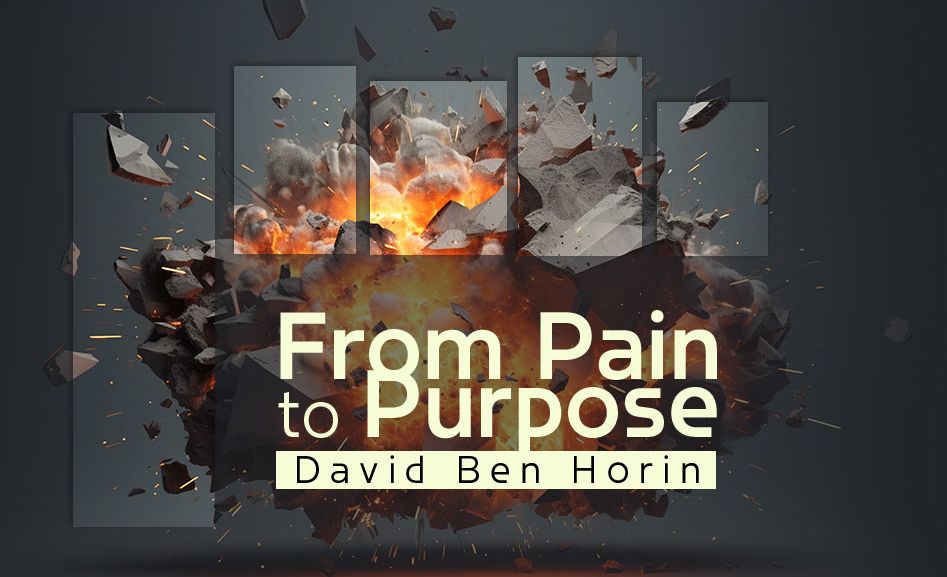
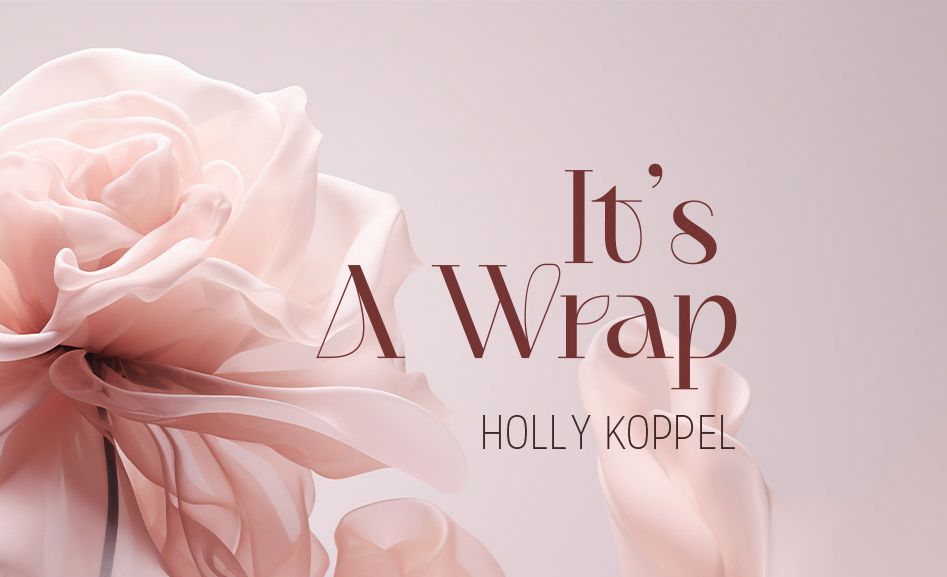
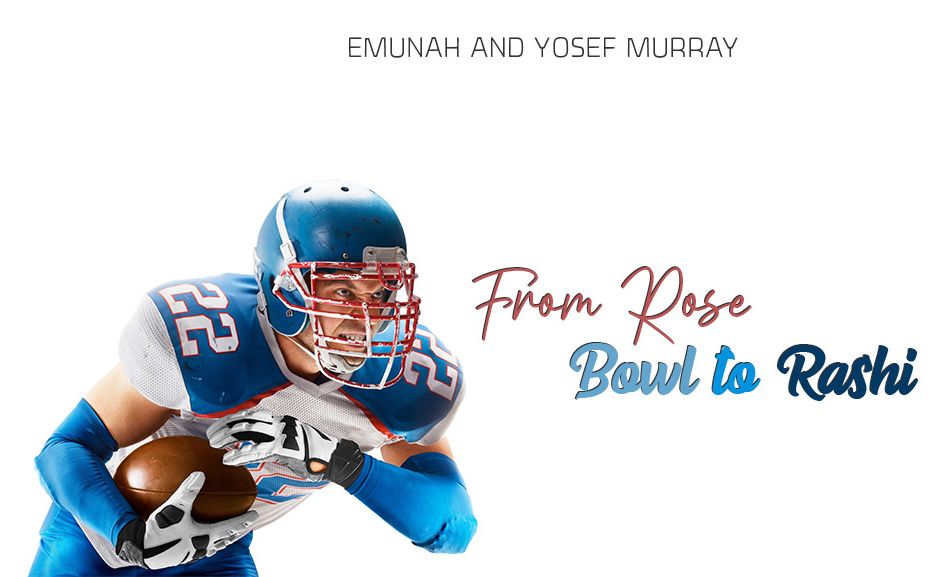
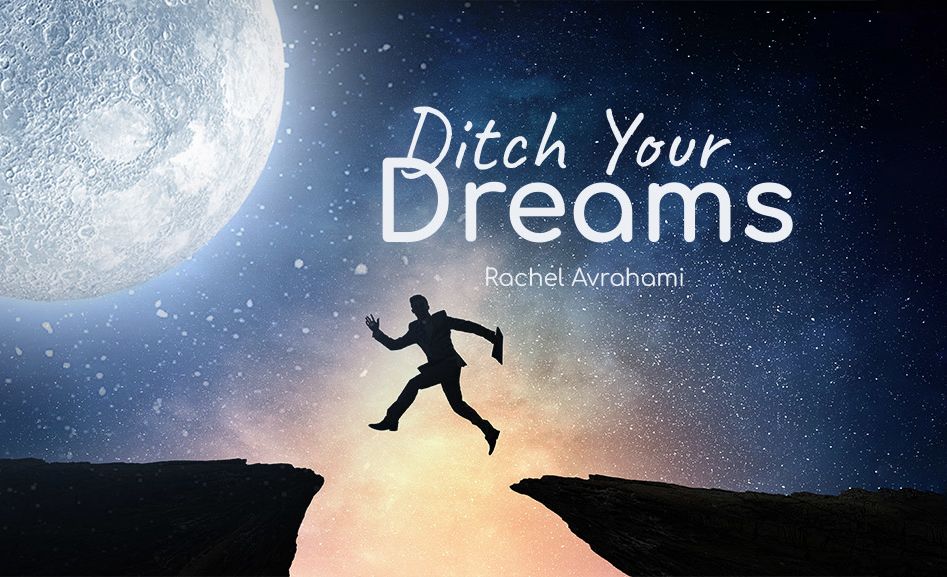
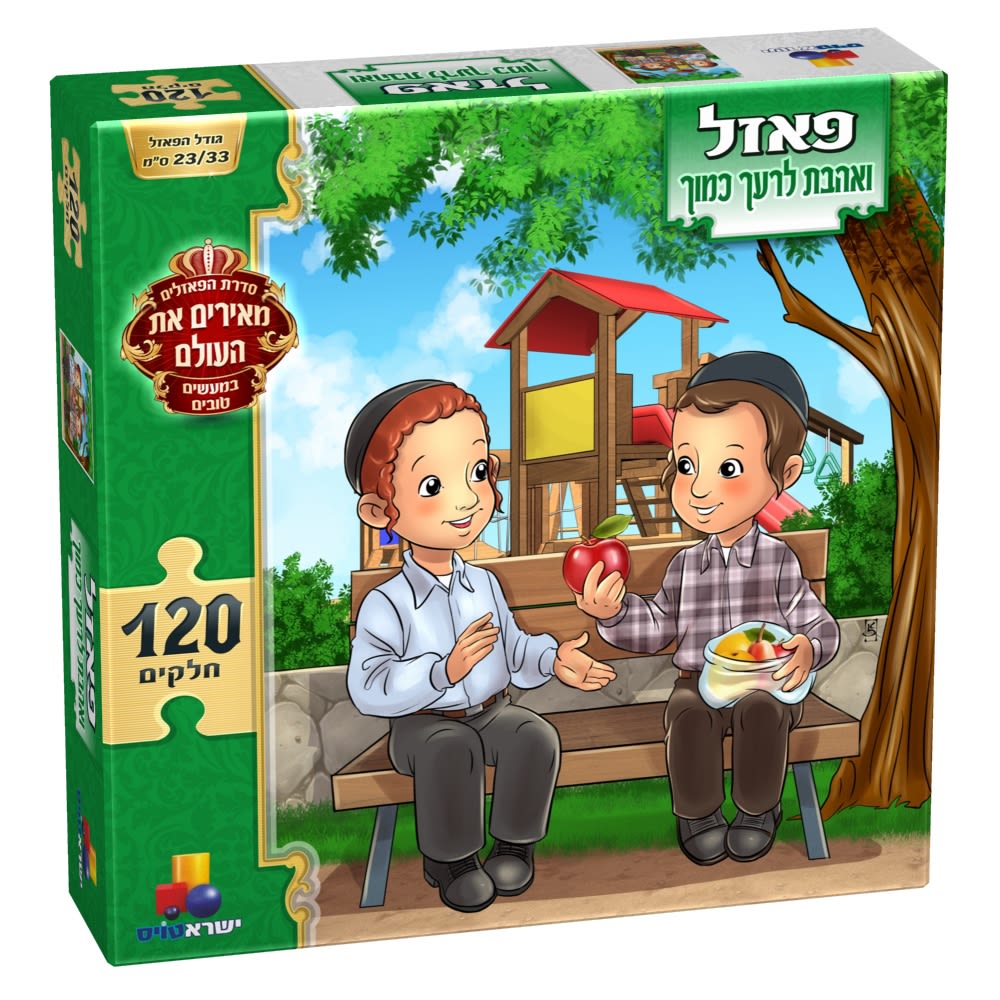
10/17/2017
My Brother
R' Brody you never cease to enlighten me & smile. Love,
10/17/2017
R' Brody you never cease to enlighten me & smile. Love,
10/16/2017
Beautiful Story
It's always better to love unconditionally than to judge unlawfully. Love and kindness always wins. Thank you for this story as a reminder. Blessings!